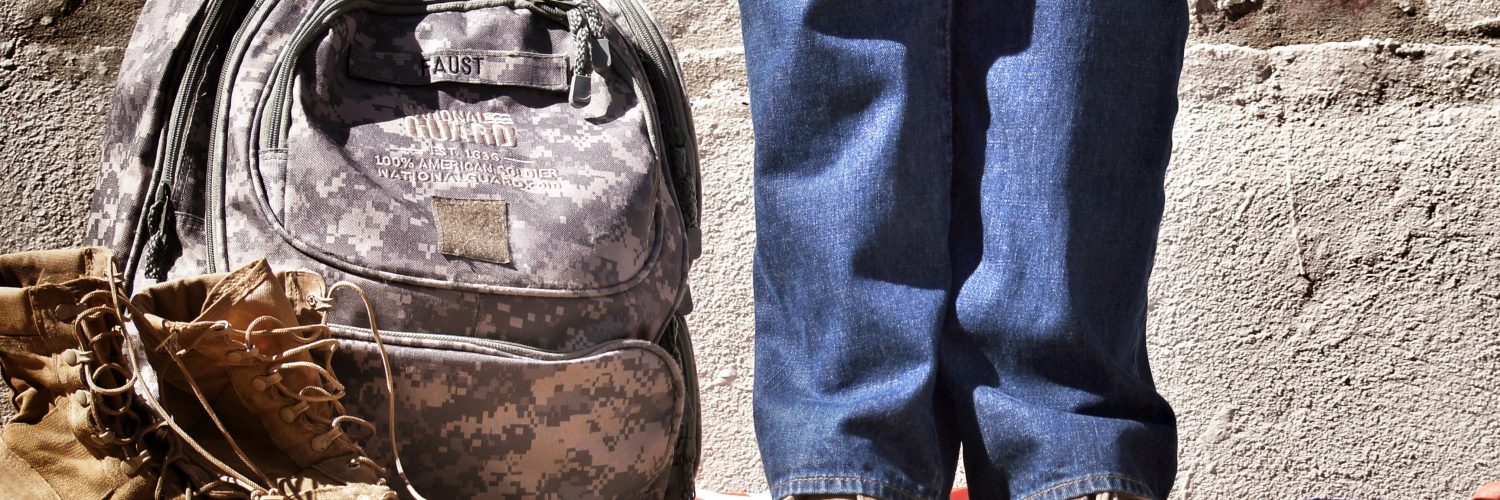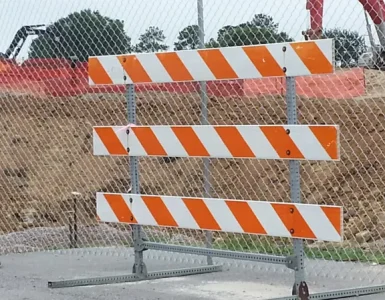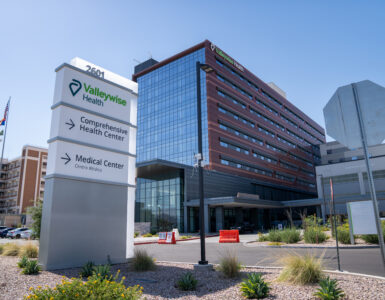Veterans looking to gain a post-secondary education often face a variety of barriers.
30 to 40 percent of student veterans do not complete their postsecondary programs, according to a report from Student Veterans of America. The graduation rate is even lower among STEM (science, technology, engineering and math) degrees.
To help military veterans interested in studying STEM fields, the University of Arizona is implementing a program to support veterans and increase their participation in research.
The program is expanding the Arizona Science, Engineering and Math Scholars (ASEMS) program that provides tutoring, mentoring and specialized coursework for UA students, especially underrepresented groups.
“We have a number of veterans that join every year. None of our programming was specifically focused on military veterans,” said ASEMS Program Manager and Transfer Specialist Lupita Mendez. “[Assistant professor of chemistry Michael Marty] wanted to try to pilot something utilizing our framework…and to kind of adapt that and use that specifically for veterans.”
“ASEMS has done really well with supporting and engaging students in STEM, so we wanted to take what already exists and is working and adjust it specifically for the veteran population,” Marty, who received a National Science Foundation (NSF) Career grant to support a veteran-specific program, said in UANews.
One barrier is that veterans’ service is usually a gap between high school and college, and they may need a refresher on foundational courses that someone fresh out of high school would not. Another is that a higher proportion of veterans have outside commitments such as families and jobs.
“Occasionally they come back to college and have been away from school for a while and whether it’s math, whether it’s any variety of competing factors, sometimes they will not continue to pursue the STEM field,” Cody Nicholls, UA Military & Veteran Engagement assistant dean of students, said. “Here’s a program that allows them to be immersed into research labs really from the very beginning that will hopefully further their own confidence into ‘yes, this is something that I can do.”
The ASEMS program for veterans (ASEMS-V) will help veteran students pursuing STEM degrees bring their skills to research labs at the UA almost immediately.
“Veterans are typically older, more mature and have more experience when they start university, so they’re more ready to jump right into research than a traditional 18-year-old undergraduate might be,” Marty said in UANews. “We think that’ll help mimic the on-the-job training they get in the military. It’s practical, hands-on learning.”
“Marty has committed…that he is going to connect all of the students from ASEMS veterans’ program with a research lab shadowing position during their first year. They will all have the opportunity to work in a research lab to get some hands-on experience in the field that they’re interested in,” Mendez said. “Getting that hands-on experience will be really essential to ensuring that they’re competitive applicants.”
Through ASEMS-V, veterans will also receive tutoring, mentoring and professional development. They will take courses like Success in STEM, Professionalism in STEM and Research Readiness as well as have opportunities to shadow researchers in labs during their first semester.
All these classes will be exclusive to veterans.
“They will be surrounded by a community of people who are coming in from similar backgrounds and we found that is really beneficial for STEM students because the U of A is so big and it can be overwhelming for students to find their little niche… so being able to automatically connect with other students who are also veterans will be beneficial,” Mendez said.
The NSF grant also supports Marty’s research studying biological membranes and developing new techniques to better understand the interaction of proteins, peptides and small molecules within a complex environment. He also received $1.8 million from the National Institutes of Health for the research as well.
“Vets show up on campus and they want to go back to school… they might know what they want to do, but not be entirely certain of the direct path. They have [in ASEMS-V] all these resources to help them along that path from the very beginning,” Nicholls said. “I hope that at the end of this semester all of the individuals who go into it say, ‘yes STEM is for me’ or further commit to stay the course.”
The ASEMS-V program will begin Fall of 2019.















Add comment